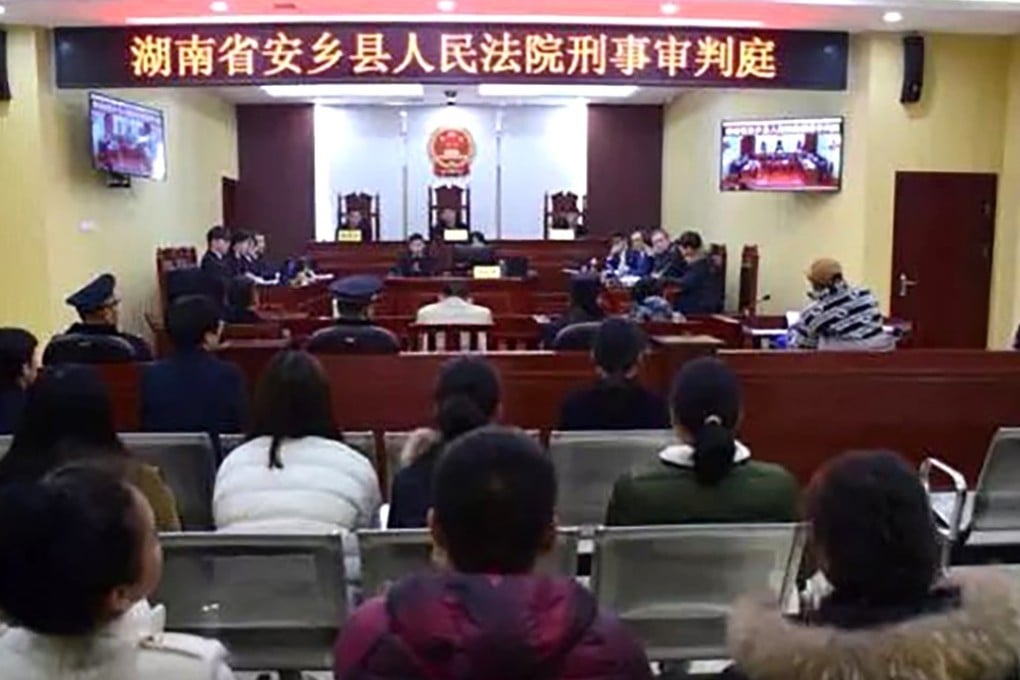Businessman jailed for privacy violations after helping expose Chinese judges’ illicit activities
Campaigner convicted of violating the judges’ privacy even though he argued he was answering President Xi Jinping’s call to expose corrupt officials

A businessman from central China has reportedly been sentenced to four years in prison for violating the privacy of judges after he hired detectives to photograph them indulging in activities like gambling and extramarital affairs.
Wu Zhengge, a property developer from Yiyang city in Hunan province, hired private detectives to follow and take undercover photos of several judges from January 2015 to May 2016, whom he then reported to the police for breaking the law.
Wu was sentenced to four years in prison and fined 30,000 yuan (US$4,465) by the People’s Court of Anxiang County for “illegally obtaining a citizen’s personal information”, including travel and accommodation details, China Youth Daily reported on Tuesday. The private investigator he hired, Zhang Lili, was also fined 30,000 yuan and sentenced to three years in prison.
An additional detective, Zhou Liang, was given “lighter treatment” by the law since the court ruled that he served as an accomplice, according to the report.
The detectives used undercover cameras and GPS trackers to follow the movements of a number of Yiyang and Heshan District Court judges.